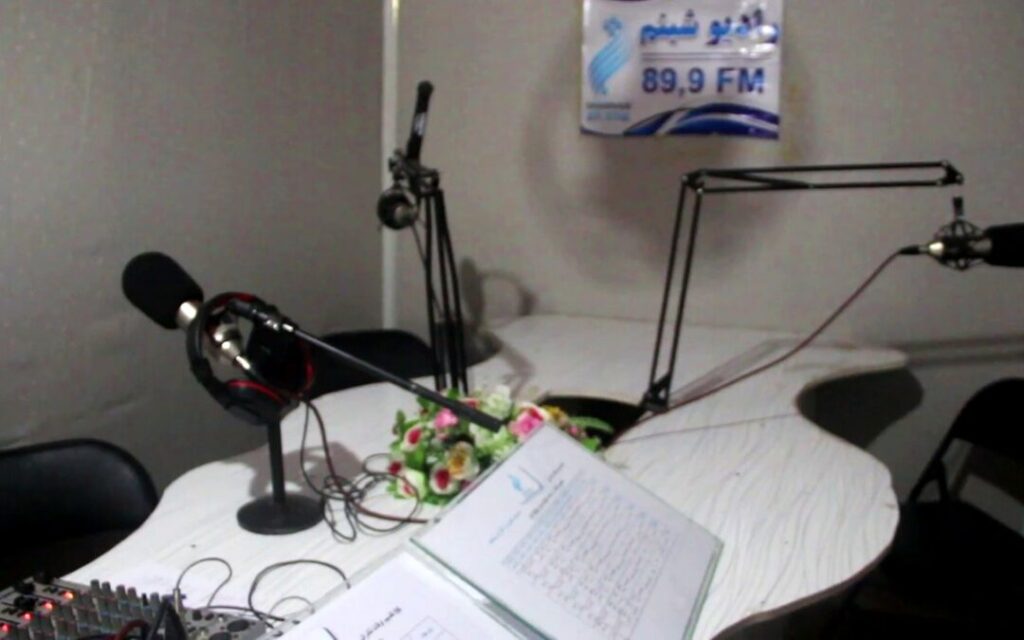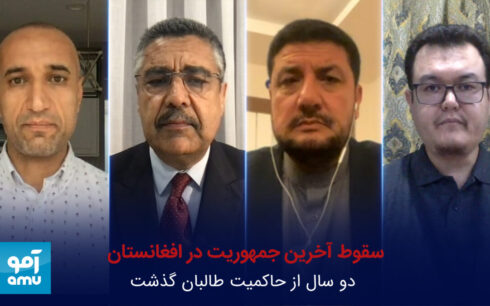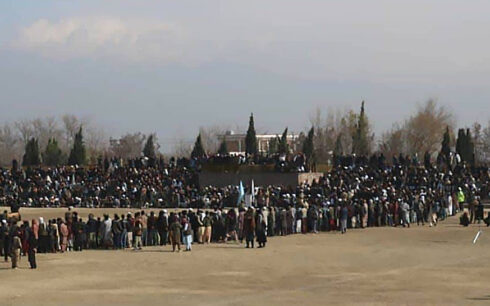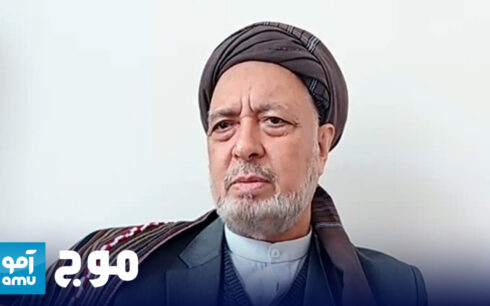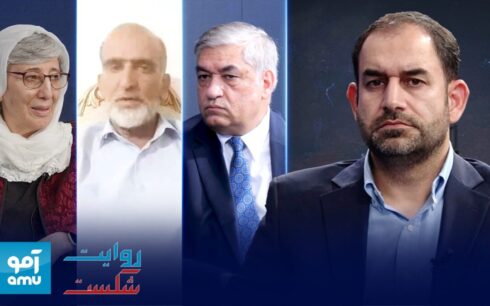During the span of two years under Taliban rule, Afghanistan has witnessed a series of restrictions on freedom of expression, artistic pursuits, and musical endeavors.
Throughout this period, media outlets and journalists within Afghanistan have been subject to prohibitions against producing reports and programs that run contrary to the Taliban’s preferences.
Numerous artists have chosen to leave Afghanistan, while the Taliban, in various provinces, particularly Herat, have resorted to the burning of musical instruments.
Simultaneously, the Taliban has engaged in a campaign of detainment, apprehending at least nine journalists in just the past two weeks.
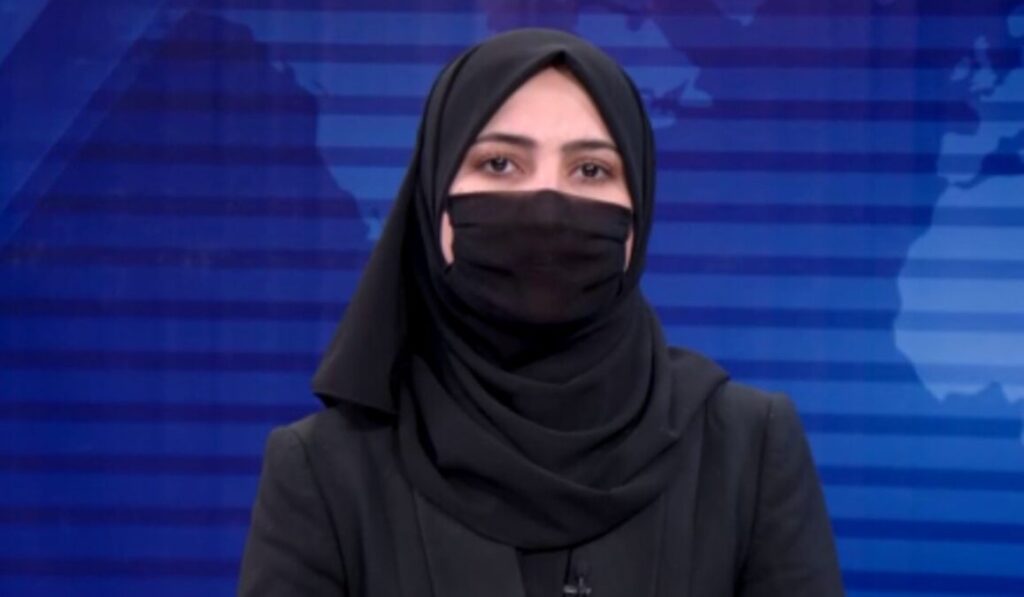
The dissemination of previously released films, television series, and songs has been halted, with even women, including female broadcasters, being mandated to wear masks in front of media cameras.
A female journalist, who requested not to be named in this report, recounted how years of media work were cut short due to mounting pressure from the Taliban.
“The stress led me to contemplate ending my life by getting pills. Being unemployed disrupts the family’s financial stability,” shared a former female journalist.
Her experience is far from unique. The most recent revelations from Reporters Without Borders reveal that, within the past two years, two-thirds of 12,000 journalists have lost their jobs, with 80% of those affected being women.
Incorporating data from this report, it is disclosed that over 500 media outlets have ceased operations since the resurgence of Taliban rule.
The Afghanistan Journalists Center, in its annual report, documented 213 instances of violence against and the detention of journalists in Afghanistan between May 2022 and May 2023.
As per the findings of organizations dedicated to journalists’ rights, only in recent weeks, the Taliban has arrested and imprisoned nine journalists, including Shamsullah Omari, Wahidul Rahman, Attaullah Omar in Kandahar, Haseeb Hassas of Salam Watandar, Wahdatullah Abdali, Habib Sarab of Ariana News in Paktia, Faqir Mohammad Faqirzai, head of Radio Kilid in Nangarhar, and Agha Saleh in Nangarhar.
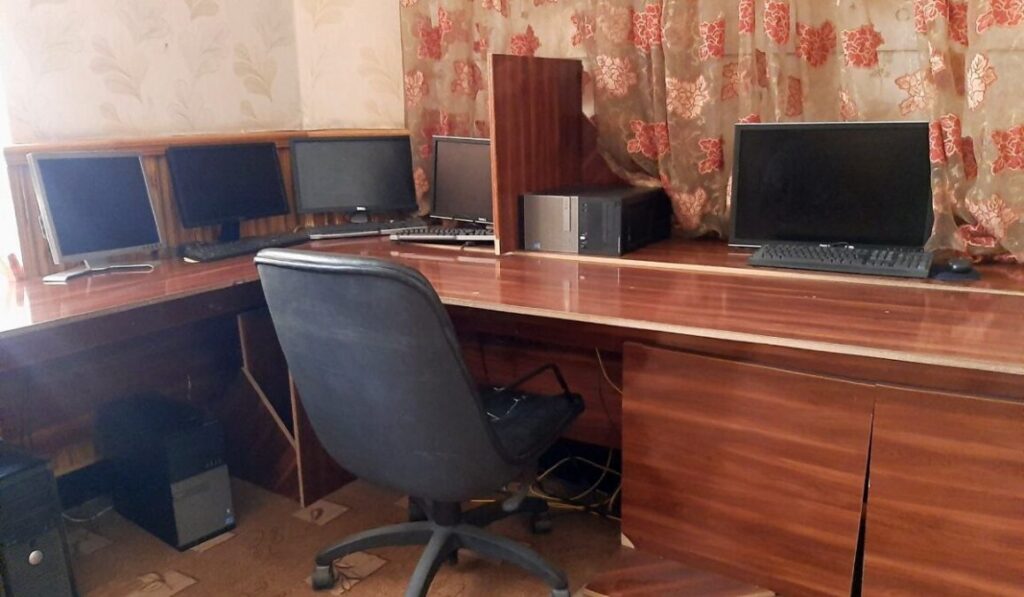
“The imposition of extensive constraints on freedom of speech, media, and journalists has complicated the situation. Many journalists have fled the country and are struggling in challenging circumstances in Pakistan,” remarked journalist Waheed Jazim.
Beyond the curbs placed on media, the Taliban’s influence has also permeated the cultural and artistic spheres.
In Herat, female theater performers have been barred from engaging in their craft. The Taliban has repurposed theater buildings for commercial use and prohibited the inclusion of music in films.
“Numerous challenges persist within the realm of arts and theatre, and I remain hopeful that they will be resolved. Theatre has the potential to occupy a distinct place within society,” commented theater actor Gholam Sakhi Gholami.
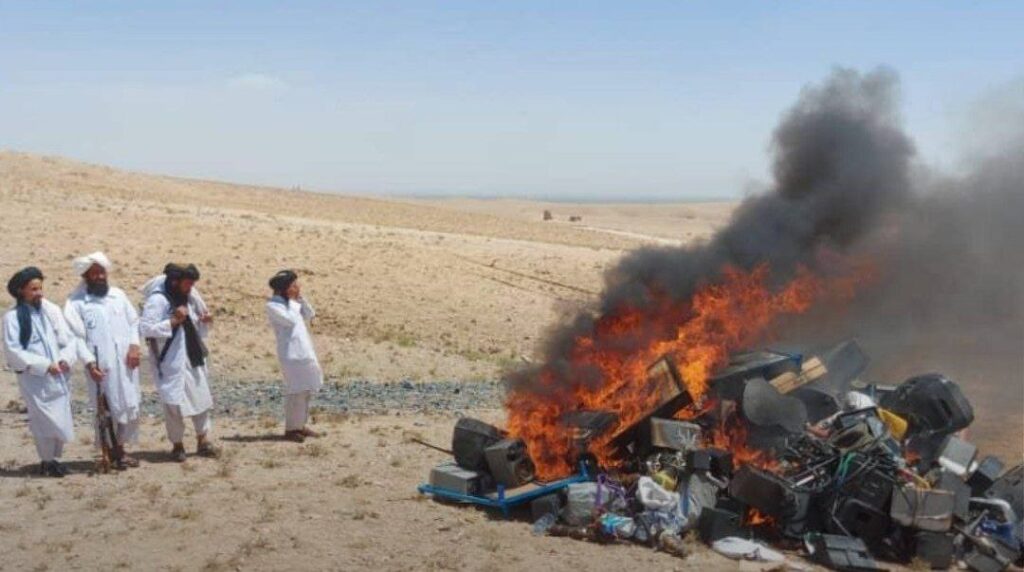
Additionally, the Taliban has implemented restrictions in the realm of culture and the arts. The ban on music, proclaimed by the Taliban’s ministry of vice and virtue, has extended to ordering hotels, shops, and taxi drivers to abstain from playing or listening to music. The destruction of musical instruments, witnessed in Herat and other provinces, underscores the Taliban’s efforts to suppress and eradicate musical expression from Afghanistan.
“The instruments deemed incompatible with Sharia law have been collected… and will be incinerated,” affirmed Abdul Rahman, the head of the Taliban’s vice and virtue office in Herat.
Demonstrating their interpretation of Islamic teachings, the Taliban has not only shut down several art galleries but has also erased painted murals in Kabul and other provinces, replacing them with their own slogans.

